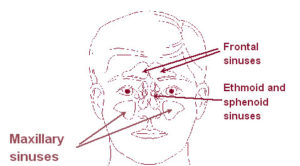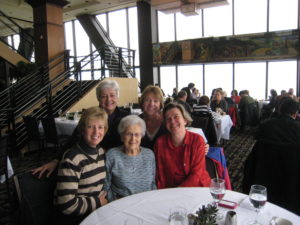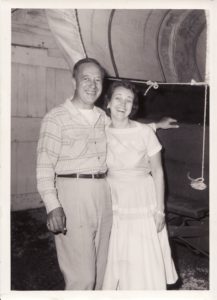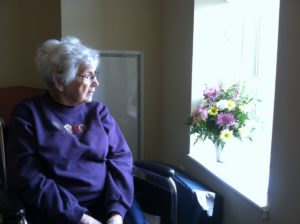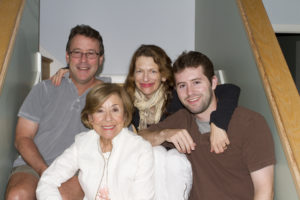Likely the closest I’ll ever come to an online date — and it’s in front of an audience!
May 18, 2018 • 6 Comments • Posted in blindness, book tour, careers/jobs for people who are blind, memoir writing, public speaking, travel, visiting libraries, visiting schoolsMike, Whitney the Seeing Eye dog and I are heading to New England this week to meet the narrator who read the audible.com version of Writing Out Loud. Robin Sitten and I have corresponded via email, we follow each other on twitter, and of course I know her voice — I’ve listened to her sensational reading of my book! The two of us have never spoken to each other, though. Not on the phone, and never in-person.
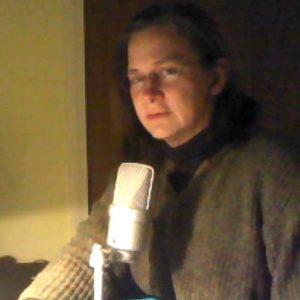
Robin Sitten sittin’ at the microphone.
I don’t know much about Robin personally, she learned a lot about me when she was reading Writing Out Loud, but she’s recorded a number of books since then. It’s high time we met in person!
Our first face-to-face meeting will occur in front of an audience Thursday when we interview each other about the narrator-and-author relationship and how it works. Here from the Perkins School for the Blind web site:
Perkins Library Author and Narrator Reception with author Beth Finke and narrator Robin Sitten
May 24, 2018 – 4:30pm to 6:30pm
Howe Building
175 North Beacon Street
Dwight Hall
Watertown, MA 02472
Join us to meet and hear two accomplished women – author Beth Finke and narrator
Robin Sitten
There’s a reception with light hors-d’oeuvres from 4:30 to 5:30 PM. Admission is free, but a $5.00 donation is suggested. The web page includes bios and photos of both of us, but since you already know me, I’ll leave you with Robin’s bio and a hope that if you live anywhere near Watertown, Massachusetts, you’ll come on over live and in-person to witness our first meeting. Now about Robin:
Robin Sitten is the narrator for the Audible.com version of Beth’s most recent book Writing Out Loud. Prior to narrating for Audible, Robin Sitten was a volunteer reader and director for Recording for the Blind & Dyslexic (now, Learning Ally) and the host of Armchair Traveler on Audio Journal, the Radio Reading Service of Central Massachusetts. She has been an audio describer for television, film, and live theatre since 1996. Robin serves the Perkins professional development community as the Program Manager for Perkins eLearning.
RSVP online or call 617-972-7247, 1-800-852-3133, or email library@perkins.org to reserve your spot.
